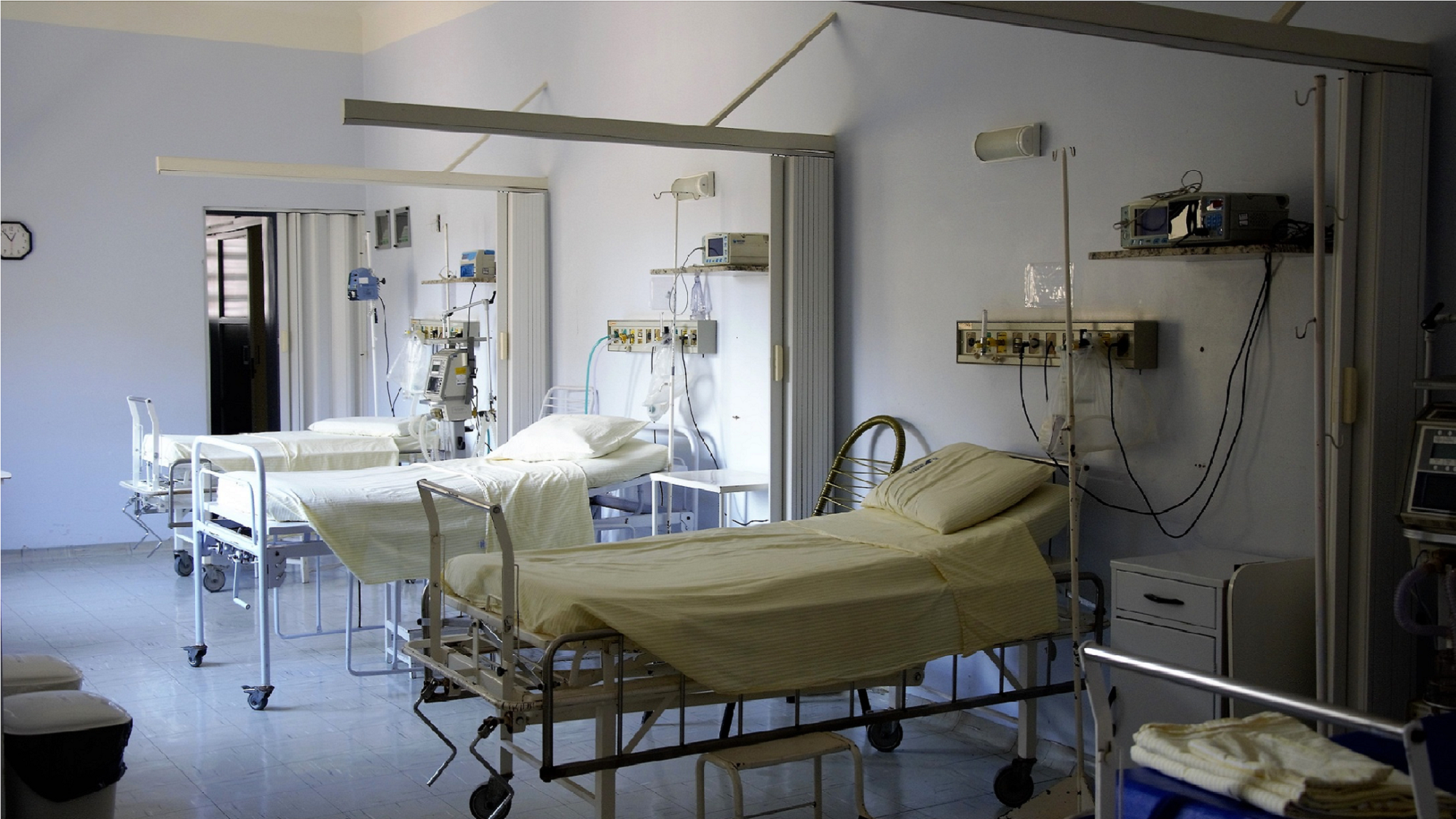A recent study co-directed by Anna Bigas and Lluís Espinosa has revealed a new strategy to combat tumor proliferation: combining different existing treatments to attack cancer cells from three fronts and thus stop their progression.
The team investigated a protein called IKKα, which regulates tumor cell proliferation and resistance to treatments. Although it is not feasible to directly attack this protein due to its toxicity, researchers have identified two pathways regulated by IKKα that can be inhibited by drugs, potentially offering new therapeutic options for cancer patients.
The study has shown that joint inhibition of these pathways along with chemotherapy is more effective in stopping the growth of tumors compared to individual treatments. This may allow the selection of treatment combinations that work together with chemotherapy to fight cancer, reducing the doses and toxicity of the treatments. Furthermore, identifying tumors with these pathways activated may help identify patients who could benefit from these new therapeutic strategies.
They have also identified levels of IKKα and a protein called leukemia inhibitory factor (LIF) as prognostic markers in colon and rectal cancer patients, which could have significant clinical implications.
The project has been a collaboration between the Hospital del Mar Research Institute, the Vall d’Hebron Oncology Institute (VHIO), IDIBELL and the Catalan Institute of Oncology, together with CIBER researchers of Cancer
Irene Pecharroman, Laura Sole, Daniel Alvarez-Villanueva, Teresa Lobo-Jarne, Josune Alonso-Marañon, Joan Bertran, Yolanda Guillen, Angela Montoto, María Martínez-Iniesta, Violeta García-Hernandez, Gemma Gimenez, Ramon Salazar, Cristina Santos, Marta Garrido, Eva Borras, Eduard Sabido, Ester Bonfill-Teixidor, Raffaella Iurlaro, Joan Seoane, Alberto Villanueva, Mar Iglesias, Anna Bigas & Lluís Espinosa. (2023). IKKα kinase coordinates BRD4 and JAK/STAT signaling to subvert DNA damage-based anticancer therapy. 10.1101/2023.06.13.544711.






